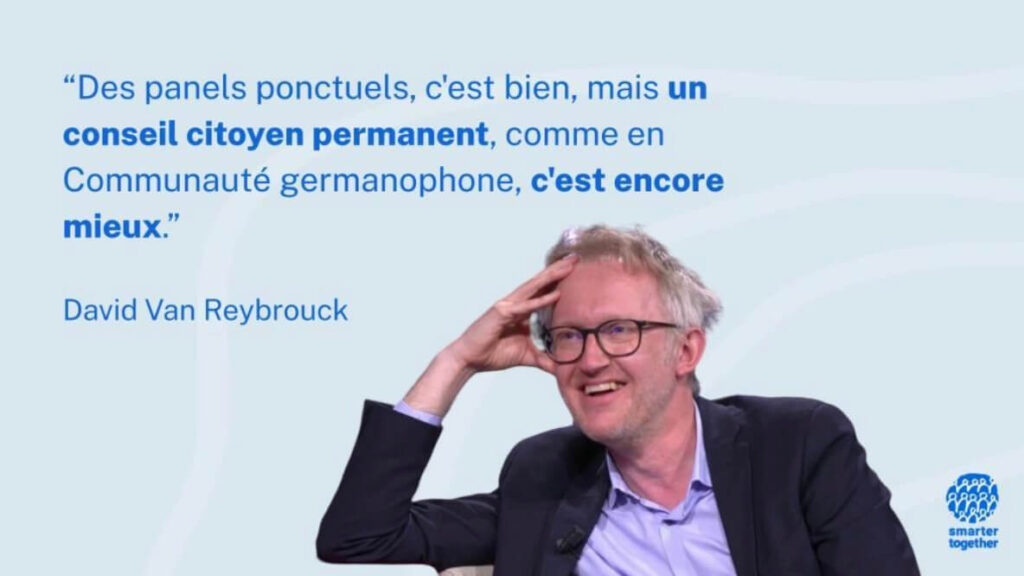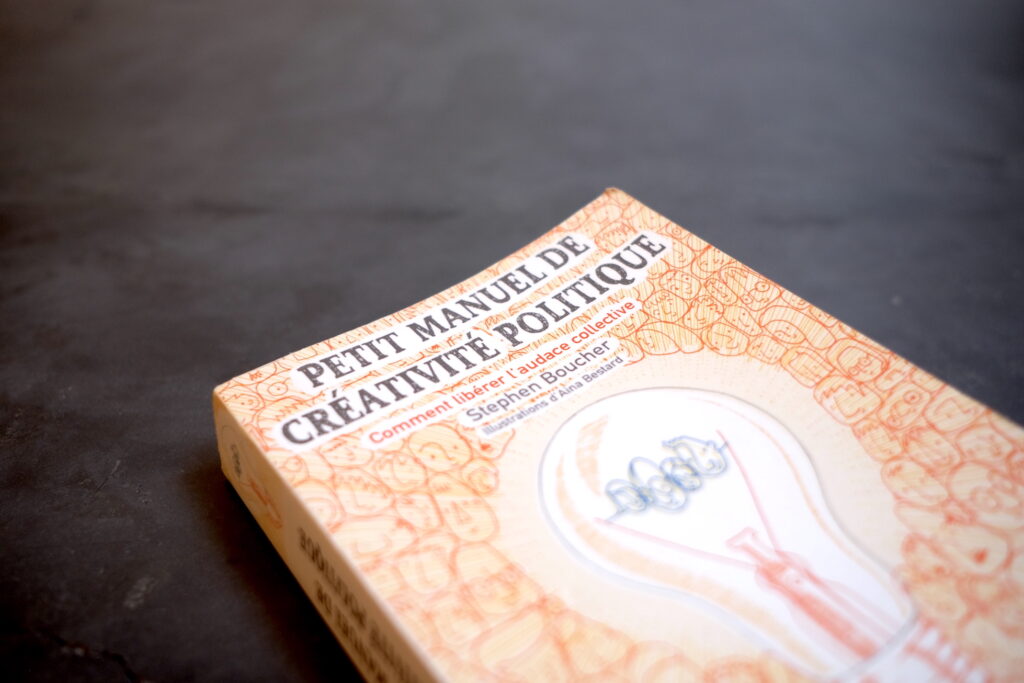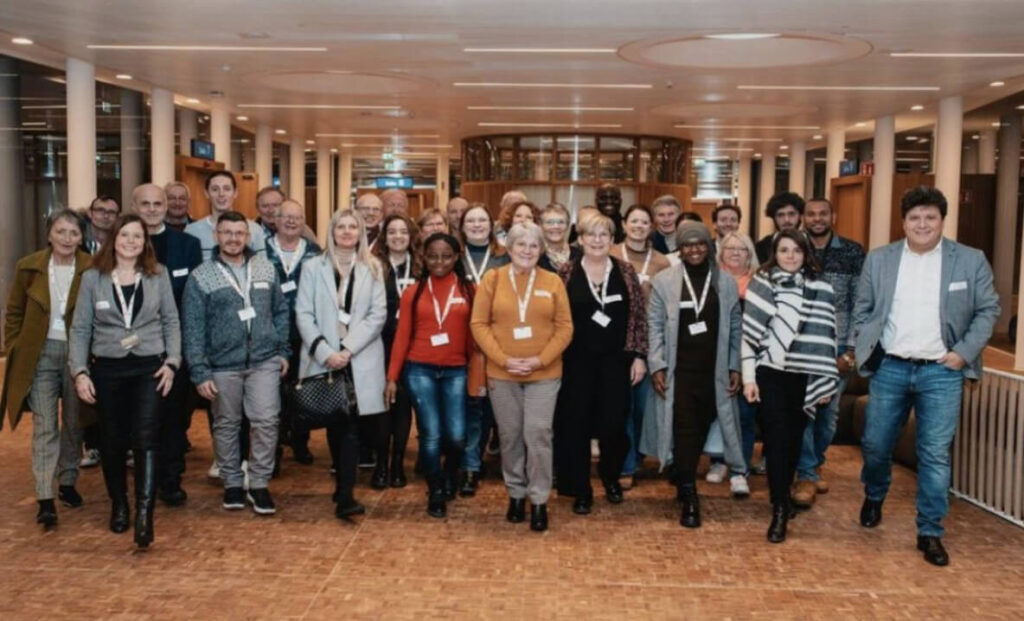Le 24 février 2024 s’est achevée la première Commission délibérative au Parlement de Wallonie. Depuis octobre 2023, 10 députés et 30 citoyens tirés au sort ont planché sur l’épineux sujet de la crise démocratique. Leurs propositions, publiées en mars 2024, pourraient bien constituer une petite révolution.

- Délibération hybride
Commission délibérative : le parlement wallon innove face à la crise démocratique
11 Déc 2024
Une bouffée d’air frais face au désenchantement politique
<span style="font-weight: 400;">La participation citoyenne est un outil précieux face à la polarisation des opinions et l’érosion de la légitimité des représentants. C’est cependant un outil à double tranchant. En mai dernier,</span> <i><span style="font-weight: 400;">Le Soir</span></i> <span style="font-weight: 400;">titrait “Participation citoyenne en Belgique : un rapport accablant”. Des experts tiraient en effet la sonnette d’alarme : les recommandations produites par les citoyens sont peu ou pas considérées par les élus. Résultat : la participation produit, à l’inverse de l’effet escompté, toujours plus de citoyens déçus.</span> <span style="font-weight: 400;"> </span> <span style="font-weight: 400;">Pour tirer profit du potentiel de la démocratie participative sans tomber dans ses travers, une piste consiste à</span> <b>renforcer le lien entre la participation et les institutions politiques</b><span style="font-weight: 400;">. La Belgique a été pionnière en la matière avec deux modèles remarqués à l’international, chacun avec une stratégie différente : d’un côté les Commissions délibératives en région bruxelloise invitent les élus à co-construire avec les citoyens, facilitant l’appropriation des recommandations produites et</span> <i><span style="font-weight: 400;">in fine</span></i> <span style="font-weight: 400;">leur mise en application. De l’autre, la communauté germanophone à mis en place un conseil citoyen permanent qui permet un suivi des recommandations sur le temps long.</span>
1817

Et après ?
<span style="font-weight: 400;">Si les recommandations produites par cette Commission délibérative n’ont pas directement valeur de loi, la qualité d’implication des députés aux côtés des citoyens laisse espérer une suite heureuse. “</span><i><span style="font-weight: 400;">Sachez que, où que nous soyons après ces élections, nous serons les gardiens des recommandations que nous venons tous ici d’approuver</span></i><span style="font-weight: 400;">” concluait la présidente de la Commission délibérative Marie-Martine Schyns, lors de la dernière séance.</span><span style="font-weight: 400;"> </span> <span style="font-weight: 400;">Si elles sont adoptées, ces recommandations ambitieuses</span> <b>permettraient au Parlement wallon de se positionner au centre d’une nouvelle vague d’innovations démocratiques</b><span style="font-weight: 400;">, réconciliant efficacement citoyens et représentants.</span>
Recommandations de la première Commission délibérative wallonne

Vous souhaitez en savoir plus?
Prenez rendez-vous pour commencer à libérer votre créativité avec notre expert en participation et délibération citoyenne, Victor.
Envoyer un emailPublications associées
-

- Créativité politique
Ça y est, Trump est Président. Va-t-on enfin voir la défense de la démocratie comme un impératif ?
-

- Créativité politique
Nous l’avons écrit : le premier manuel de créativité politique
-

- Délibération hybride
“Les initiatives de participation doivent laisser les citoyens délibérer entre eux, sans élus !” D’accord ? Pas d’accord ?